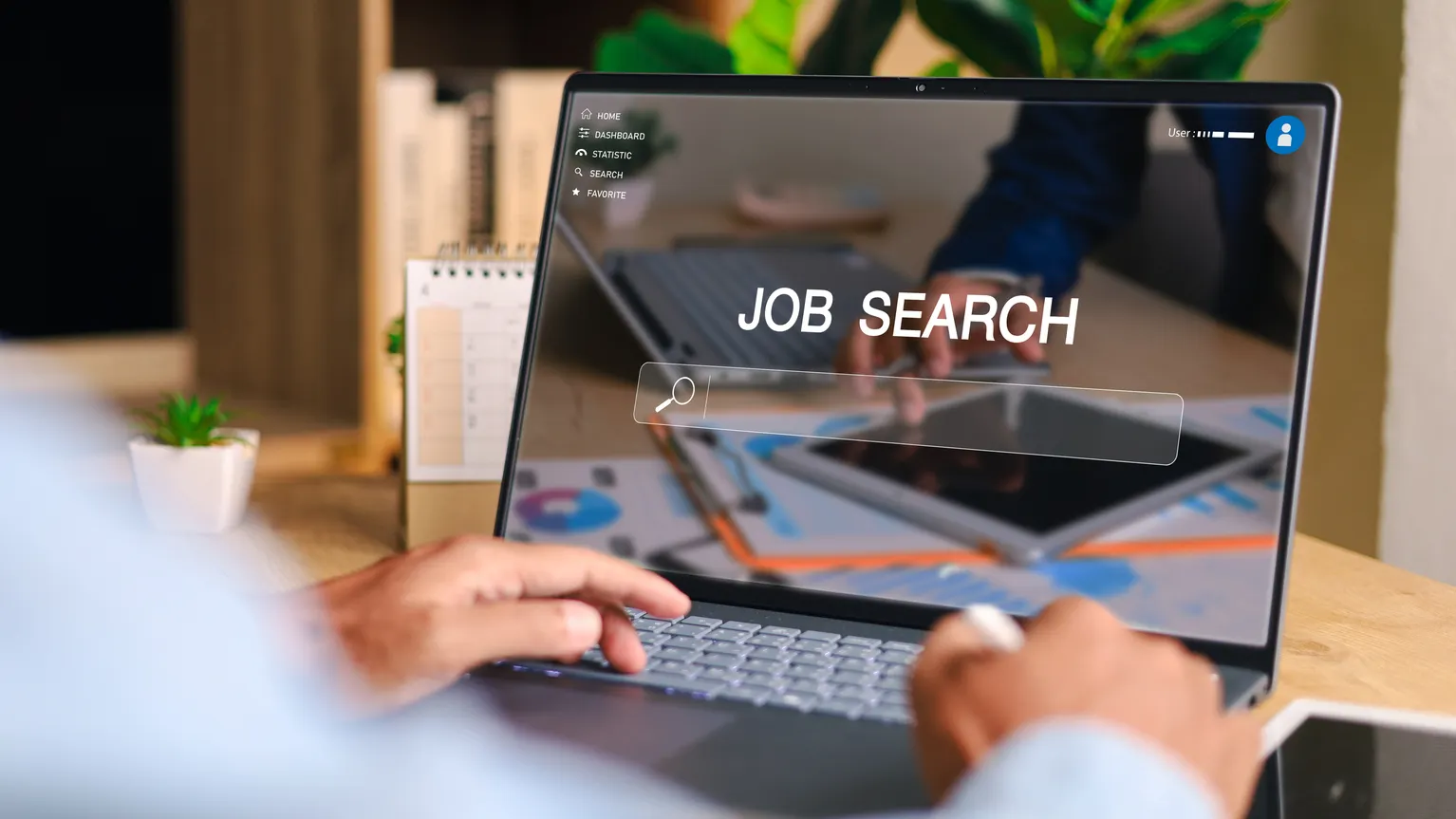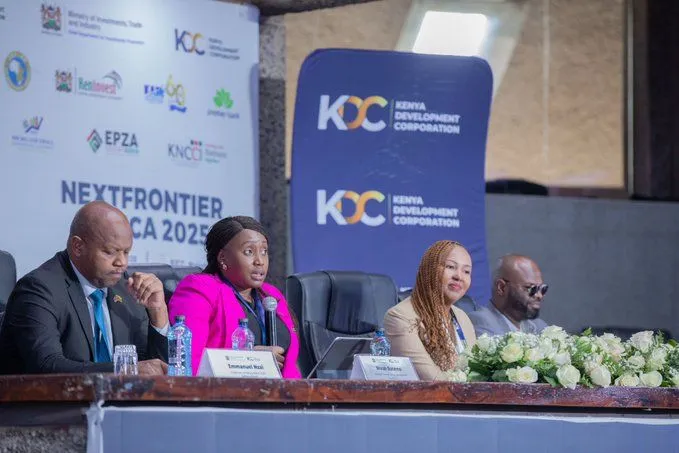The surge in transportation costs in Nigeria is significantly driving up commodity prices, affecting the daily lives of citizens. The country’s reliance on land transport for haulage, coupled with the recent removal of fuel subsidies, has led to a sharp increase in the cost of moving goods.
Paul Kyan, a transporter, noted a dramatic rise in expenses. “Transporting goods from Makurdi to Abuja used to cost between N50,000 to N60,000, but now it’s at least N150,000,” Kyan explained. The cost varies depending on the type of goods being transported, with food products particularly affected.
Another transporter, Audu Isah, highlighted the impact of fuel price increases. “I spend over N50,000 on fuel just from Kaduna to Abuja. This high fuel cost inevitably raises the price for transporting goods,” he said.
Traders are also feeling the pinch. Chineye Okafor, a trader at Karu Market, described the strain on businesses. “Transporting goods between states is very expensive. To cover these costs, we have to increase our prices, which affects consumers,” she explained.
In response, Nigeria’s Minister of Transportation, Senator Said Alkali, is working on long-term solutions. During a Policy Dialogue on Transportation in Kano, he emphasized the need for an integrated transport policy. “We aim for an efficient, competitive transportation system that meets the needs of our growing economy,” Alkali stated.
Efforts are underway to improve Nigeria’s rail infrastructure. The Minister recently initiated freight services by railway from Dala Dry Port in Kano to the seaport in Lagos. “By fixing the narrow gauge, we ensure freight service from Lagos to Kano without disrupting standard gauge construction,” he added.
Despite these initiatives, high fuel costs remain a major hurdle. The Federal Competition and Consumer Protection Commission (FCCPC) conducted market surveys in Abuja and neighboring states, confirming that rising transportation costs are a key factor in price hikes. The findings indicated that these increases are a natural response to market forces influenced by government policies.
As land transportation continues to dominate the haulage sector, Nigeria may see persistent commodity price inflation until the transport reforms take full effect. While the expansion of rail lines offers hope for a more sustainable transport system, the current high costs pose challenges for both businesses and consumers.
photo source: Google
By: Montel Kamau
Serrari Financial Analyst
11th June, 2024
Article, Financial and News Disclaimer
The Value of a Financial Advisor
While this article offers valuable insights, it is essential to recognize that personal finance can be highly complex and unique to each individual. A financial advisor provides professional expertise and personalized guidance to help you make well-informed decisions tailored to your specific circumstances and goals.
Beyond offering knowledge, a financial advisor serves as a trusted partner to help you stay disciplined, avoid common pitfalls, and remain focused on your long-term objectives. Their perspective and experience can complement your own efforts, enhancing your financial well-being and ensuring a more confident approach to managing your finances.
Disclaimer: This article is for informational purposes only and does not constitute financial advice. Readers are encouraged to consult a licensed financial advisor to obtain guidance specific to their financial situation.
Article and News Disclaimer
The information provided on www.serrarigroup.com is for general informational purposes only. While we strive to keep the information up to date and accurate, we make no representations or warranties of any kind, express or implied, about the completeness, accuracy, reliability, suitability, or availability with respect to the website or the information, products, services, or related graphics contained on the website for any purpose. Any reliance you place on such information is therefore strictly at your own risk.
www.serrarigroup.com is not responsible for any errors or omissions, or for the results obtained from the use of this information. All information on the website is provided on an as-is basis, with no guarantee of completeness, accuracy, timeliness, or of the results obtained from the use of this information, and without warranty of any kind, express or implied, including but not limited to warranties of performance, merchantability, and fitness for a particular purpose.
In no event will www.serrarigroup.com be liable to you or anyone else for any decision made or action taken in reliance on the information provided on the website or for any consequential, special, or similar damages, even if advised of the possibility of such damages.
The articles, news, and information presented on www.serrarigroup.com reflect the opinions of the respective authors and contributors and do not necessarily represent the views of the website or its management. Any views or opinions expressed are solely those of the individual authors and do not represent the website's views or opinions as a whole.
The content on www.serrarigroup.com may include links to external websites, which are provided for convenience and informational purposes only. We have no control over the nature, content, and availability of those sites. The inclusion of any links does not necessarily imply a recommendation or endorsement of the views expressed within them.
Every effort is made to keep the website up and running smoothly. However, www.serrarigroup.com takes no responsibility for, and will not be liable for, the website being temporarily unavailable due to technical issues beyond our control.
Please note that laws, regulations, and information can change rapidly, and we advise you to conduct further research and seek professional advice when necessary.
By using www.serrarigroup.com, you agree to this disclaimer and its terms. If you do not agree with this disclaimer, please do not use the website.
www.serrarigroup.com, reserves the right to update, modify, or remove any part of this disclaimer without prior notice. It is your responsibility to review this disclaimer periodically for changes.
Serrari Group 2025





